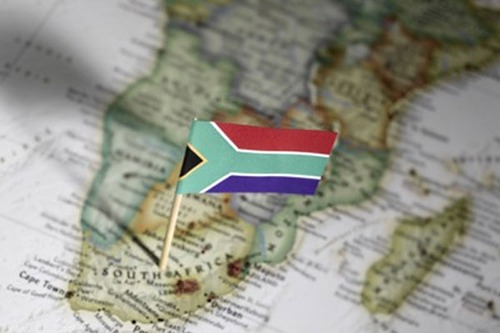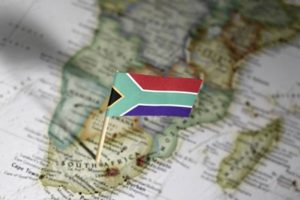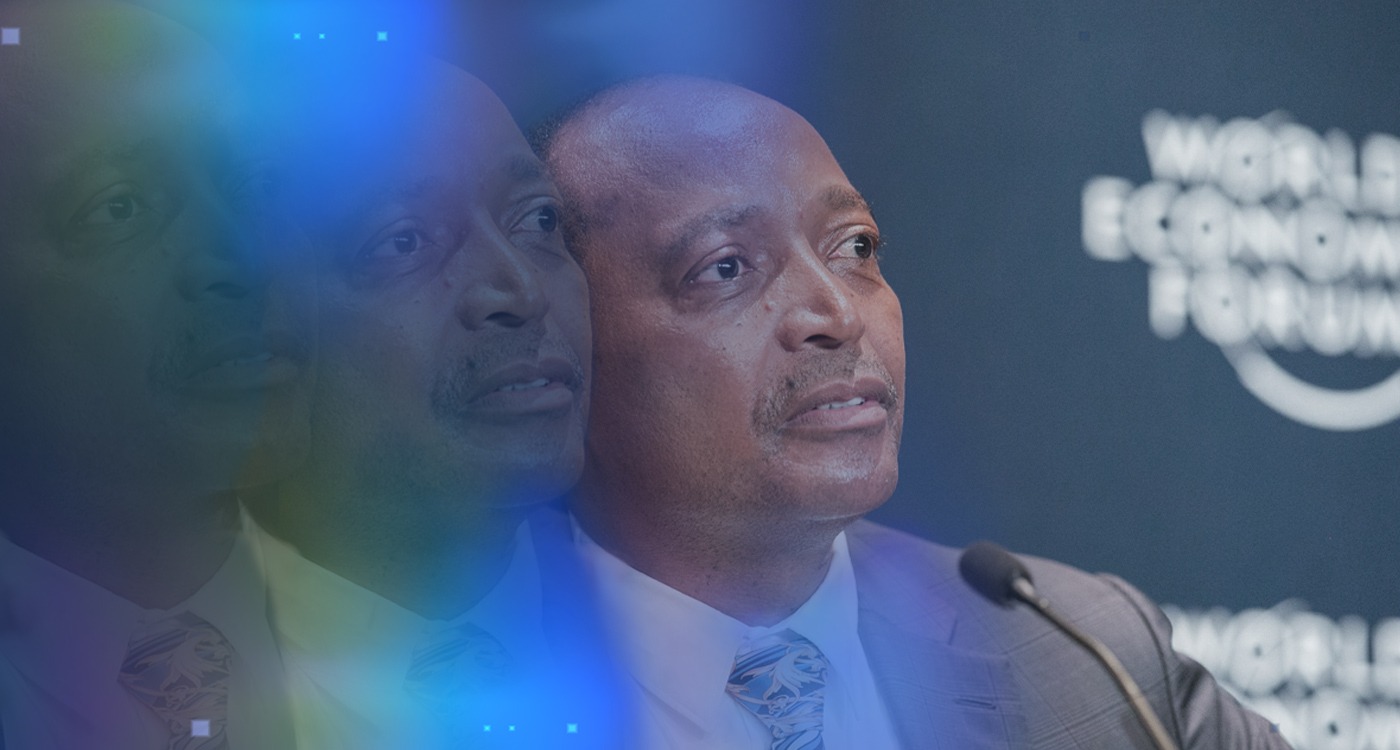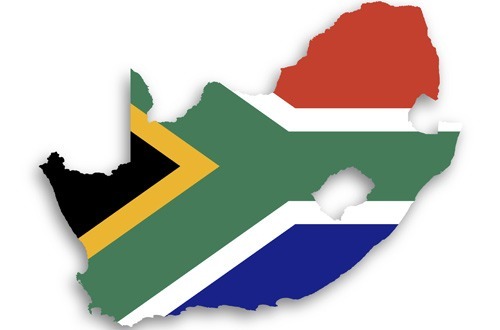Brand South Africa yesterday noted with concern South Africa’s declined performance in the 2017-2018 World Economic Forum Global Competitiveness Index (WEF GCI). South Africa now ranks 61 out of 137 economies assessed in the annual survey.
This is a regression of 14 positions from the 2016-2017 WEF GCI results. Following on two years where the country made strong progress in the global competitiveness rankings, this year’s results is a wake-up call to the nation.
Speaking about the results, Brand South Africa’s CEO Kingsley Makhubela said according to this WEF report, ‘South Africa’s declined competitiveness profile can be attributed to low GDP growth forecasts at just 1.0 percent in 2017 and 1.2 percent in 2018 – hit by persistently low international demand for its commodities’.
“It is also concerning that the financial sector has been affected by uncertainty as can be seen in the dramatic drop in performance in this indicator, while historically low levels of business confidence have now clearly impacted on the competitiveness profile of the Nation Brand. We note decreasing competitiveness in Institutions, Macro-economic environment, Goods and market efficiency, and Financial market development. Meaning that both government and the private sector should take heed of the deteriorating competitiveness indicators.”
“While we note the over-all drop in competitiveness of the South African economy, the country improved on Labour market efficiency by four positions (93/137), Infrastructure improved with three positions (61/137), and Health & Primary education with two positions (121/137).
“This means that all is not lost, however, as a nation there are several lessons to take from the WEF report indicators. As an open and transparent democratic system, leaders and public officials have to work much harder on maintaining high ethical standards in their conduct especially as it pertains to the fight against corruption and wastefulness in the public sector. Having said that, the private sector – especially in the financial sector, should pay attention to the drop in performance in the sector’s competitiveness,” said Makhubela.
It is important to note that the executive opinion survey sample had drastically increased between 2016 and 2017 from 44 to 170 respectively. This means that a completely new sample informed the opinion survey conducted for the 2017 index. WEF notes that the year-on-year change in the sample constitutes a structural break in how the results are reflected. Additionally, unlike previous years, the South African Opinion Survey was solely conducted online.
“Brand South Africa will share with stakeholders a much more detailed analysis of the findings and will be working with stakeholders to establish focused efforts and implement measures that address the challenges documented in the WEF report,” concluded Makhubela.
Call for Applications For Seedstars Luanda
Seedstars World, the global seed-stage startup competition for emerging markets and fast-growing startup scenes is coming for the third time to Angola.
The event is carried out by main sponsor TGI (Thomson Group International), local ambassador organization KiandaHUB, as well as various local and regional partners such as Enel Green Power, Merck, Orange and Microsoft 4Afrika, 7mobile, SOBA, and Thomson Art House.
The companies selected to pitch at Seedstars Luanda need to be less than 2 years old, have raised less than USD 500 000 in funding and have built a minimum viable product, ideally with existing traction. The Seedstars World team is searching for one additional criterion – the startup’s regional and global scalability.
With a strong network of international partners such as Enel Green Power, BBVA, Merck, TRECC and Standard Bank, Seedstars World is looking for smart startups that solve regional issues and develop profitable products for the global market to support their regional businesses and growth.
Up to 10 of the best seed stage startups in Angola will be invited to pitch for the opportunity to compete at the Seedstars Summit, that annually takes place in Switzerland.
Applications are open until October 5th and startups can apply here: https://www.seedstarsworld.com/event/SSW-Luanda-17/.
All the local winners will be invited to the regional summit, which will take place in Maputo Mozambique on December 14th.
New UN Report Reveals Momentum For Digital Payments In Ghana Could Save Over GHS 1 Billion Within The Next Four Years
At an event bringing together key government and business players, the Ghana’s Ministry of Finance and the UN-based Better Than Cash Alliance released the Ghana Diagnostic report documenting the country’s progress in creating an economy where everyone can pay and get paid digitally, instead of cash. The results show the country has made significant gains, including almost 100 percent of government payments to people and payments within the government now processed digitally. The findings also reveal there are opportunities for providing more choice to customers.
According to the report this move is already translating into direct benefits to people, particularly women, support for small businesses and cost savings for the government. The data also predicts that if the government continues to make progress, savings could reach over GHS 250 million (nearly $60 million) each year, which may result in more than GHS 1 billion ($230 million) by 2020.
“The future really is digitization and how we can leverage on it for the benefit of our citizens. This is why digitizing initiatives such as our flagship conditional cash transfer program Livelihood Empowerment Against Poverty (LEAP) is a key milestone,” said Ken Ofori-Atta, minister for finance of the Republic of Ghana.
“We recognize that there is still more work to do to transition most of the country away from cash. Yet with great potential for cost savings and opportunities to increase transparency and accountability, we cannot afford not to,” the Minister added.
The report provides key insights on the status of digital payments in Ghana and tangible recommendations on how to successfully move forward. In particular, three priorities emerged to help the government and citizens achieve the most benefits:
- Investing in infrastructure for digital public utility payments: 80 percent of the population uses public essential services such as water and electricity, but only 20 percent of the population has access to digital technology such as smart meters. By investing in smart distribution infrastructure that digitize end-to-end delivery and payment, it will increase efficiencies and ease of use for citizens – ultimately increasing adoption.
- Digitizing payment of government fees and fines: With 97 percent of fees and fines currently paid in cash, the Ghanaian government could gain enormous cost savings if they commit to using digital payments exclusively and mandate all government agencies to use a central payment system.
- Encouraging digital payments in the Fast Moving Consumer Goods (FMCG) value chain to support digitization of small retailers and customers: For FMCG companies operating in Ghana, 96 percent of distributor payments and 59 percent of vendor and employee payments in volume are made in checks. However, 99.9 percent of individual payments for consumption goods by volume are still completed in cash, as individuals continue to purchase essential consumer goods, including food, in the informal economy with small retailers. This indicates the tremendous potential impact any shift to digital payments in this value chain can have on the overall ecosystem. By transitioning away from cash, small business owners can avoid storing large amounts of cash, drive customers’ adoption and boost access to formal saving and loan products which can expand their economic potential. This will especially improve the lives of women, who represent many of the small retailers in the FMCG sector.







